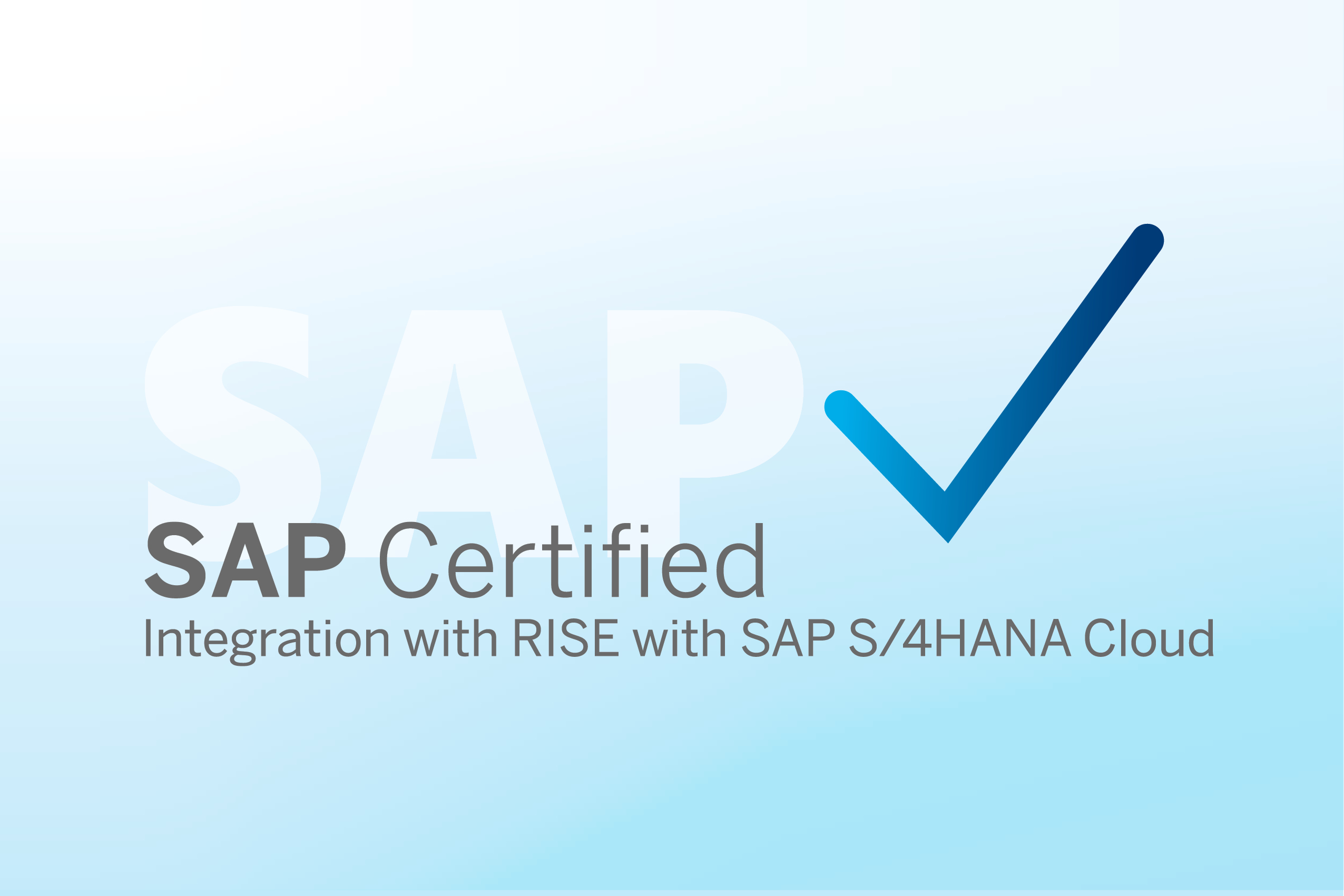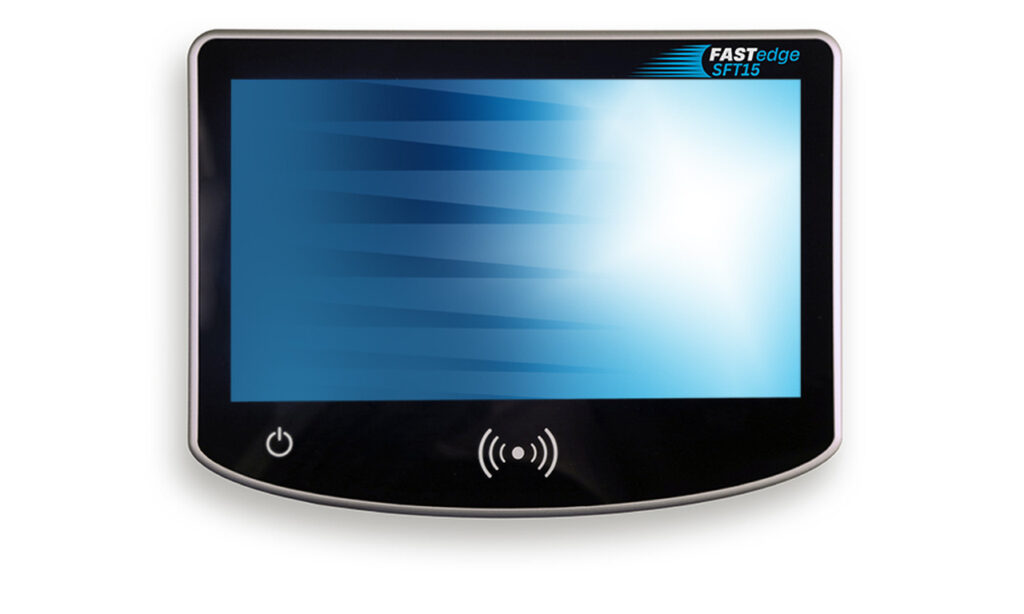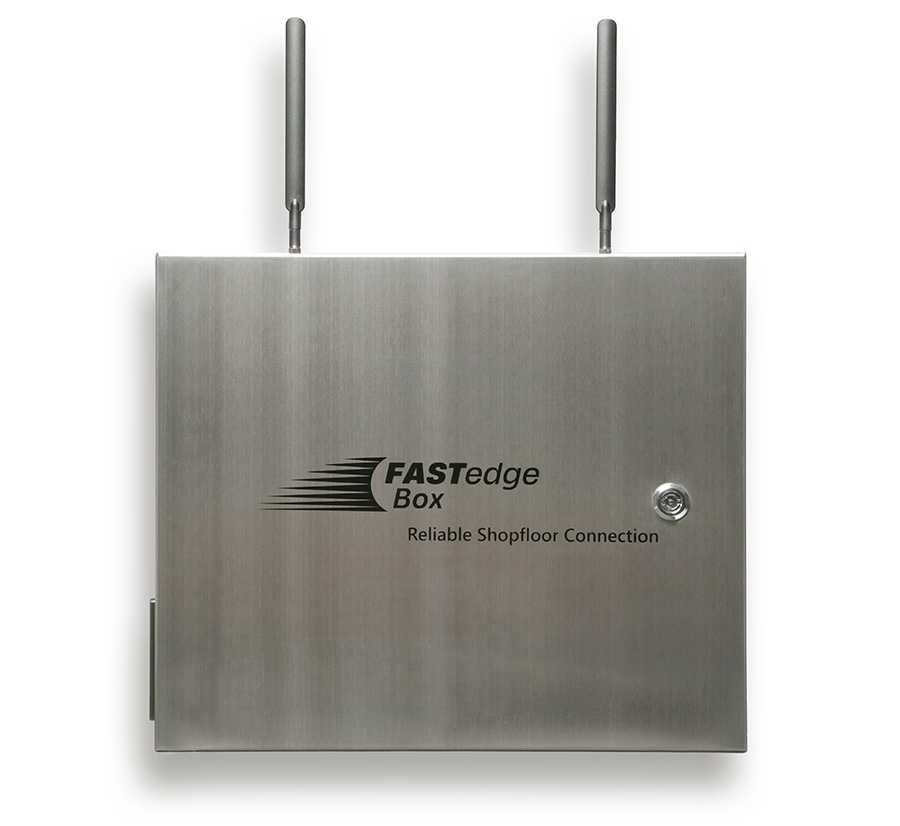In the latest issue (1/18), the trade magazine “Digital Manufacturing” takes a comprehensive look at open data platforms for production. The magazine puts the position of MES solutions as a planning tool and data hub to the test.
In particular, the developments associated with Industry 4.0, such as IoT systems and open platform approaches inspired by the app concept of the consumer world, are changing the role of manufacturing execution systems, according to the trade magazine. But is this really the case? How do MES companies assess the situation and how do they plan to respond?
In an expert interview, our Managing Director Dr. Karl-Heinz Gerdes also comments on this topic. Here is an insight into the magazine’s questions and our expert’s answers:
MES solutions play an important role in the context of Industry 4.0. In your opinion, what is the current level of market saturation among local manufacturing companies?
From our point of view, there is no uniform image here, but only a trend towards the fact that the use of an MES is becoming increasingly important for more and more companies of all sizes and in all industries. You can’t say that all large companies have an MES today and the smaller ones don’t; it’s more of a mixed bag. In any case, there is still a lot of potential to be exploited in the market.
What factors make it difficult to introduce an MES in medium-sized companies? What do companies need to pay particular attention to here?
Many companies lack experienced employees. They underestimate the time required internally, as the project often has to be carried out alongside everyday tasks. In many cases, however, employees are not “taken along” and there is no support person to train users until they are able to use the MES consistently and “correctly” in their everyday work.
The trend is moving towards manufacturing platforms. IoT applications, for example, can also be implemented in these. What do you think of this and what is your company’s strategy for this area?
Manufacturing platforms (MP) are an exciting topic. Back in the 1980s to 90s, there were projects such as CIMOSA that aimed to create an integration platform. These approaches ultimately failed because the benefits achieved for their implementation were not commensurate with the high costs involved. There were many independent systems in production, for example PDA, MDA, DNC, CAQ and control center. What was missing were suitable interfaces for their integration. The MES emerged from this situation: as a system that combines all these functions.
Against this background, an MP only makes sense if it is more than just a data platform, i.e. if it also offers at least the functional benefits of an MES. Otherwise, it is useless for users in production. The MES must therefore develop into an open data platform for production. At least that is our approach.








